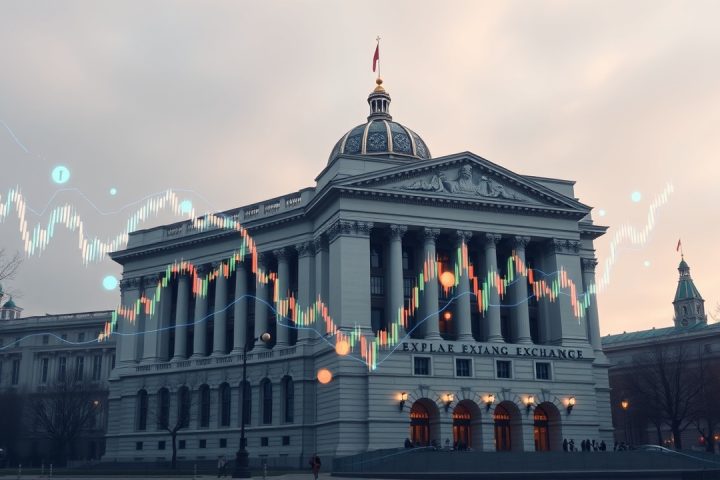Concerns Over Stablecoins in South Korea
Amid growing interest in digital currencies, notable legal and financial specialists have expressed serious concerns regarding the potential economic impact of adopting stablecoins in South Korea. According to a report by Chungnyun Ilbo, these experts caution that the introduction of US dollar-linked stablecoins could disrupt current exchange rates and the stability of the South Korean currency.
Expert Insights from the Korea Economic Association
This warning emerged during a recent gathering focused on digital assets, hosted by the Korea Economic Association at the FKI Tower Conference Center in Yeouido, Seoul, on May 19. A panel of experts voiced their apprehension about the likelihood of an increased presence of dollar-based stablecoins within the Korean market, suggesting that such adoption could diminish the volume of transactions conducted in the South Korean won.
The panel further highlighted the potential repercussions for the Bank of Korea (BOK), emphasizing that the central bank might find its capacity to regulate the money supply and manage foreign exchange markets compromised. Similarly, BOK officials have echoed these concerns, particularly in light of stablecoin proposals put forth by leading presidential candidate Lee Jae-myung.
Presidential Proposals and Legislative Outlook
Lee Jae-myung has made headlines with his proposal to issue a KRW-linked stablecoin should he be elected president on June 3. His party, the Democratic Party, advocates for regulatory oversight from financial authorities rather than the BOK for the issuance of stablecoins. Conversely, some industry supporters argue for the integration of existing stablecoins into South Korea’s financial landscape, asserting that failure to do so could hinder the nation’s competitiveness in technology.
Nevertheless, expert voices like Lee Seung-seok from the Korea Economic Research Institute have raised flags about the influx of dollar-pegged stablecoins, warning that their decentralized characteristics risk enabling swift capital flight during turbulent times. Additionally, Kim Hyo-bong, a former official at the Financial Supervisory Service, anticipates forthcoming legislation on stablecoins from both the United States and Europe by 2025.
Balancing Benefits and Risks
Kang Tae-soo, a KAIST Graduate School of Finance professor and member of the BOK Monetary Policy Committee, acknowledged the operational benefits that stablecoins could offer for businesses in payment systems but reiterated concerns regarding their regulatory challenges and the possible volatility they may introduce into monetary policy. He advocated for a balanced approach that aims to leverage the benefits while mitigating adverse effects.
Still, the discourse surrounding stablecoin regulation is a contentious one. Namgung Joo-hyun, an Associate Professor of Commercial Law at Sungkyunkwan University, emphasized the rapid evolution of the global digital asset framework, advocating for a nuanced regulatory stance.
Stablecoin Debate in the Presidential Race
In the midst of this discussion, a debate over stablecoins has taken center stage in the presidential race. During the initial televised debate leading up to the June 3 elections, Lee Jae-myung reaffirmed his plans for a KRW-pegged stablecoin. However, Lee Jun-seok, his competitor from the Reform Party, scrutinized the practicality of Lee Jae-myung’s promises, questioning the viability of stablecoins not tethered to the USD. He pointed out that major stablecoins like USDC and USDT dominate the market and pressed the frontrunner on how he would address the potential for illicit financial activities linked to stablecoin transactions, including concerns about funding for North Korea.




